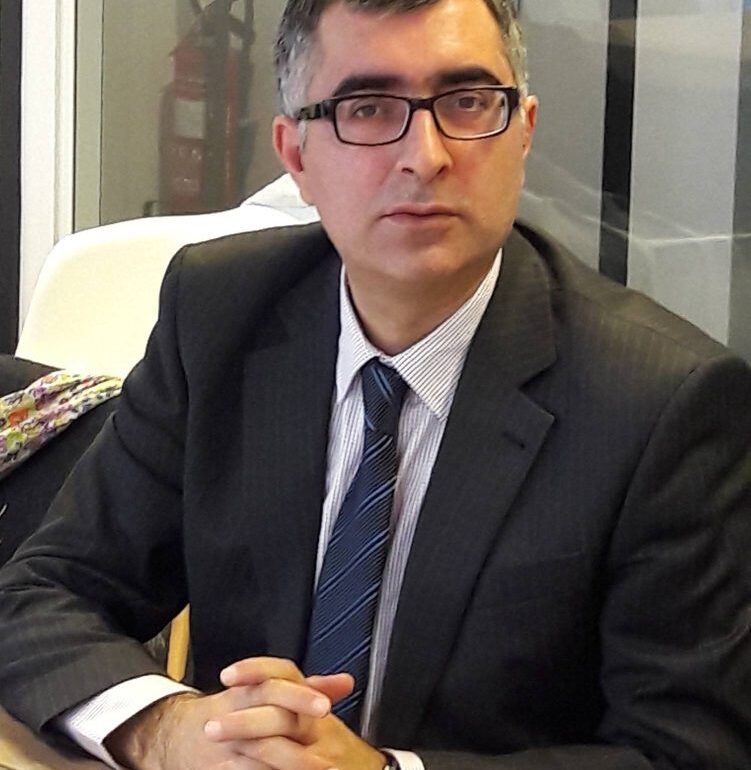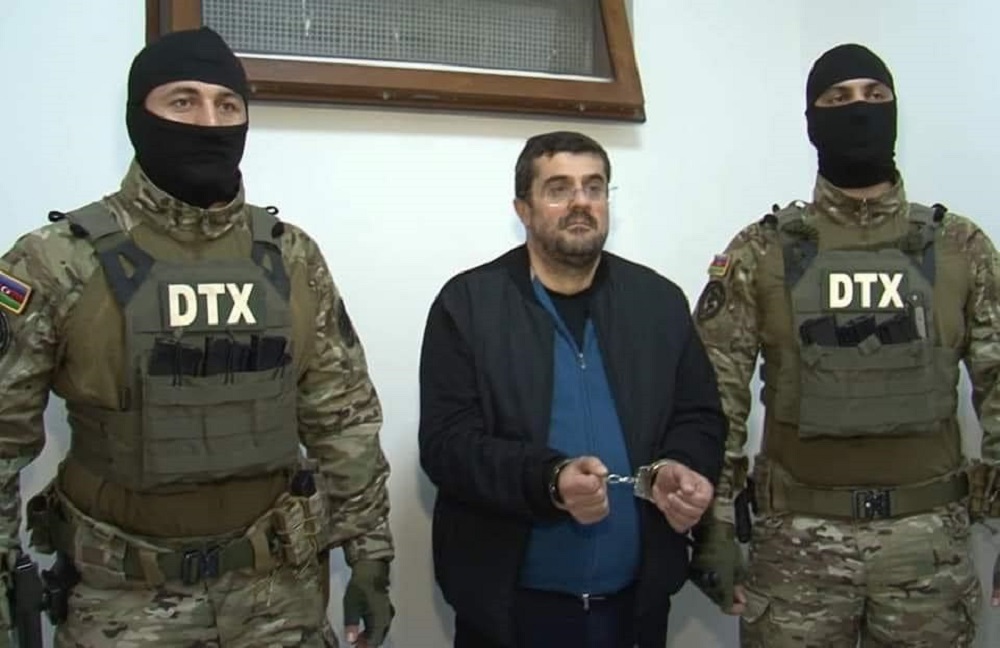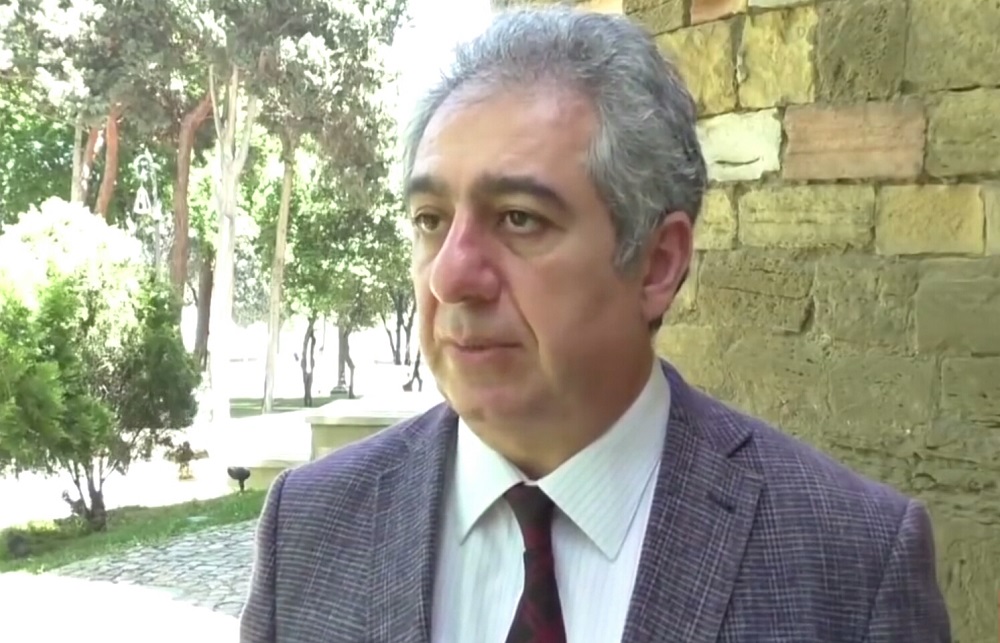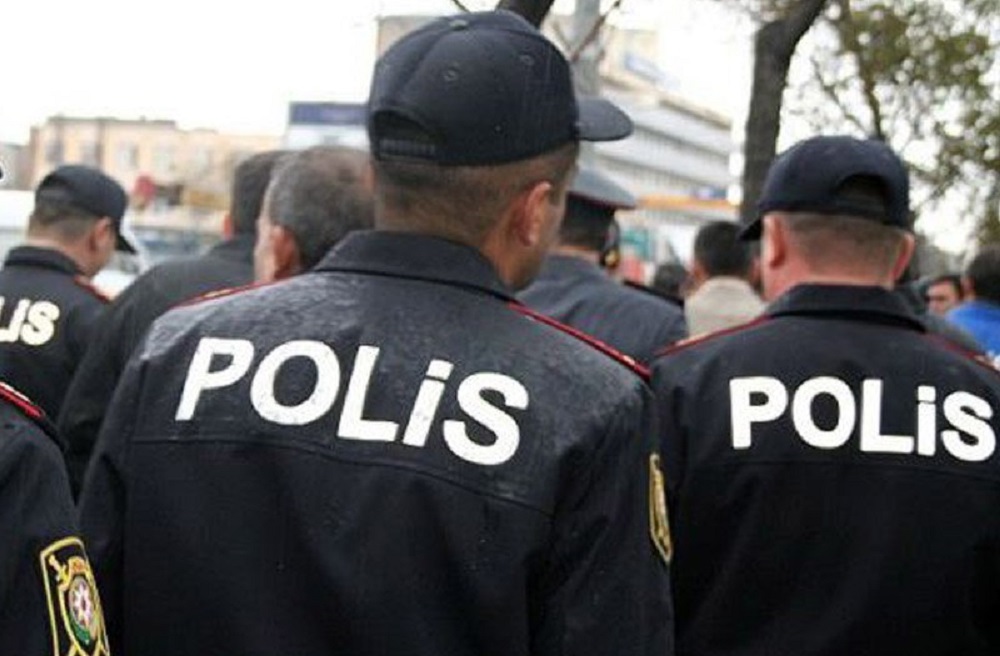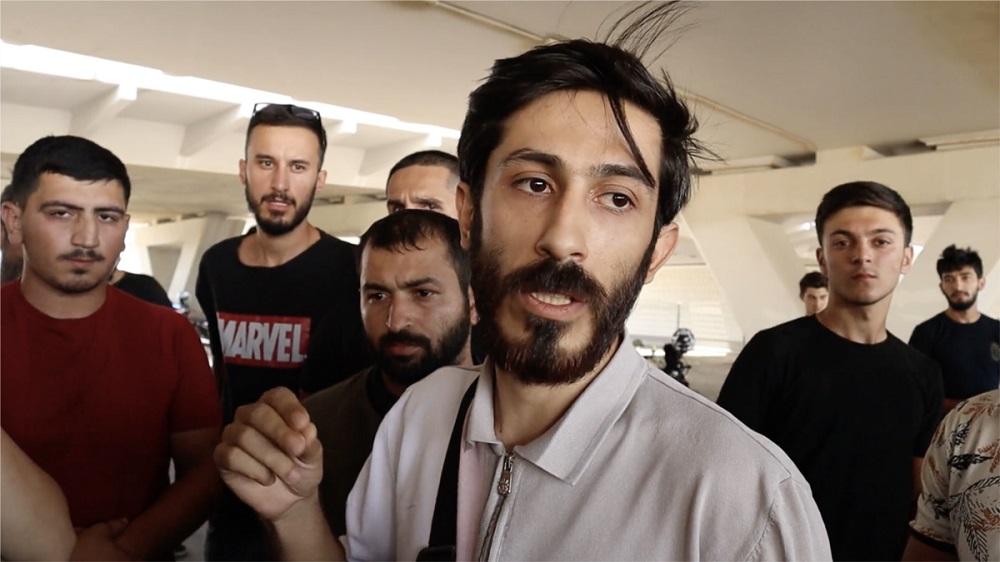Karabakh conflict and repression
“People had hope that after the changes in the Karabakh conflict, the Azerbaijani authorities would take a number of steps towards the rights and freedoms of citizens. But, unfortunately, in the three years since the war, we have not witnessed this.”
Human rights activist Anar Mammadli comments on the current situation in the sphere of civil rights against the background of the Karabakh conflict.
In his opinion, the escalation in Karabakh has pushed the problems with civil liberties in the country to the background. The human rights defender says that this can also be felt in the activities of international human rights organizations in connection with Azerbaijan.
Over the past three months, the number of political prisoners in Azerbaijan has increased by 31 people. The list published by the Freedom Union of Azerbaijani Political Prisoners in October of this year contains the names of 235 people. In the July report of the same organization there were 204.
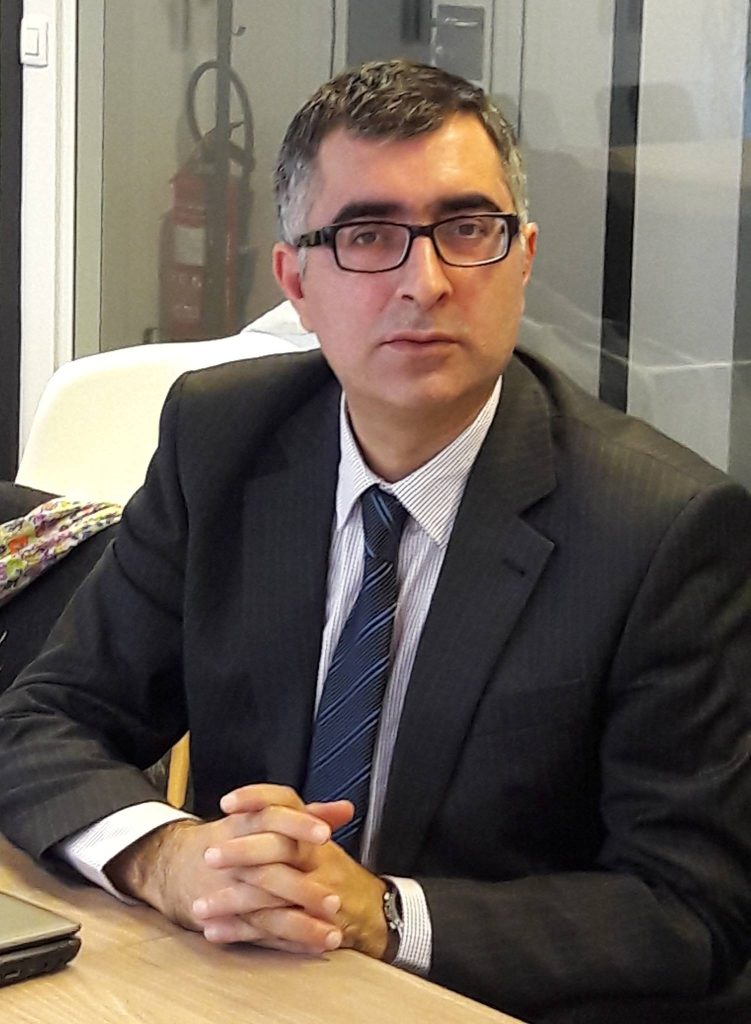
Anar Mammadli noted that three years ago, when the territories returned to Azerbaijani control as a result of the second Karabakh war, the authorities had great public support and solidarity. But the authorities did not change their policy regarding civil rights and freedoms.
“Human rights are still violated in the country, problems remain in the socio-economic sphere, the judicial system, and in connection with political freedoms,” he told JAMnews.
Recent developments in Karabakh
The Second Karabakh War began on September 27, 2020 and ended on November 10 with the signing of a trilateral statement by the leaders of Russia, Azerbaijan and Armenia. As a result, parts of the former Nagorno-Karabakh Autonomous Region, including Shusha and seven adjacent districts, returned to Azerbaijani control.
On September 19-20, 2023, Azerbaijan declared an anti-terrorist operation in the Karabakh region. The military action, which lasted 24 hours, ended with the unrecognized regime in Karabakh accepting the terms of official Baku. Then, according to the terms, the illegal armed formations in Karabakh laid down their arms, and the unrecognized government announced its self-dissolution until January 1, 2024.
A number of senior officials of the unrecognized NKR, including Araik Harutyunyan, who served as president of the self-proclaimed republic during the 44-day war, were arrested in Khankendi (Stepanakert) and brought to Baku.
The defeatist mood that prevailed in Azerbaijani society for more than 30 years due to the loss of territories and the deaths and expulsion of hundreds of thousands of people from their homes as a result of the first Karabakh war has been replaced by enthusiasm.
“The events in Karabakh have taken the main place on the agenda of international organizations”
Galib Bayramov, brother of opposition politician and academic economist Gubad Ibadoglu, who was arrested in July, disagrees with the opinion that the protection of political prisoners at the local and international level has weakened:
“As Gubad Ibadoglu’s brother, I want to say on the basis of a concrete case – we continue our activities at the local and international level for his release with the same consistency.
Of course, recent developments are at the top of the agenda of international organizations. But I do not believe that there has been any weakening in our activities,” he told JAMnews.
“Opponents of the war.”
Since the first day of the start of military operations in Karabakh, at least six people have been detained for statements on social networks condemning the military actions. Most of them received 30 days of administrative detention for “disseminating prohibited information”.
One of them, journalist Nurlan Gahramanli (Libre), stated in court that he was physically abused at the police department. Activists and journalists present in court saw bruises on his arms and legs.
“His defense was weak because he was arrested during the hostilities.”
Afiaddin Mammadov, a defender of workers’ rights and an opponent of the war, was also detained on September 20. But unlike the others, he did not get away with administrative arrest, a criminal case was opened against him on charges of stabbing. Mammadov, who was arrested for two months of preliminary investigation, denies the charges and considers his arrest political.
According to activist Akhmed Mammadli, Afiaddin Mammadov’s arrest precisely at the time of military operations in Karabakh has negatively affected the process of his defense:
“When there are military operations in Karabakh, the defense of political prisoners in Azerbaijan in general weakens. The scenario of Afiaddin Mammadov’s arrest was prepared long ago, I think he was arrested on purpose during the military operations. It is felt that the organization of his defense is not as strong as it used to be.”
“Naturally, people were interested in news of the war.”
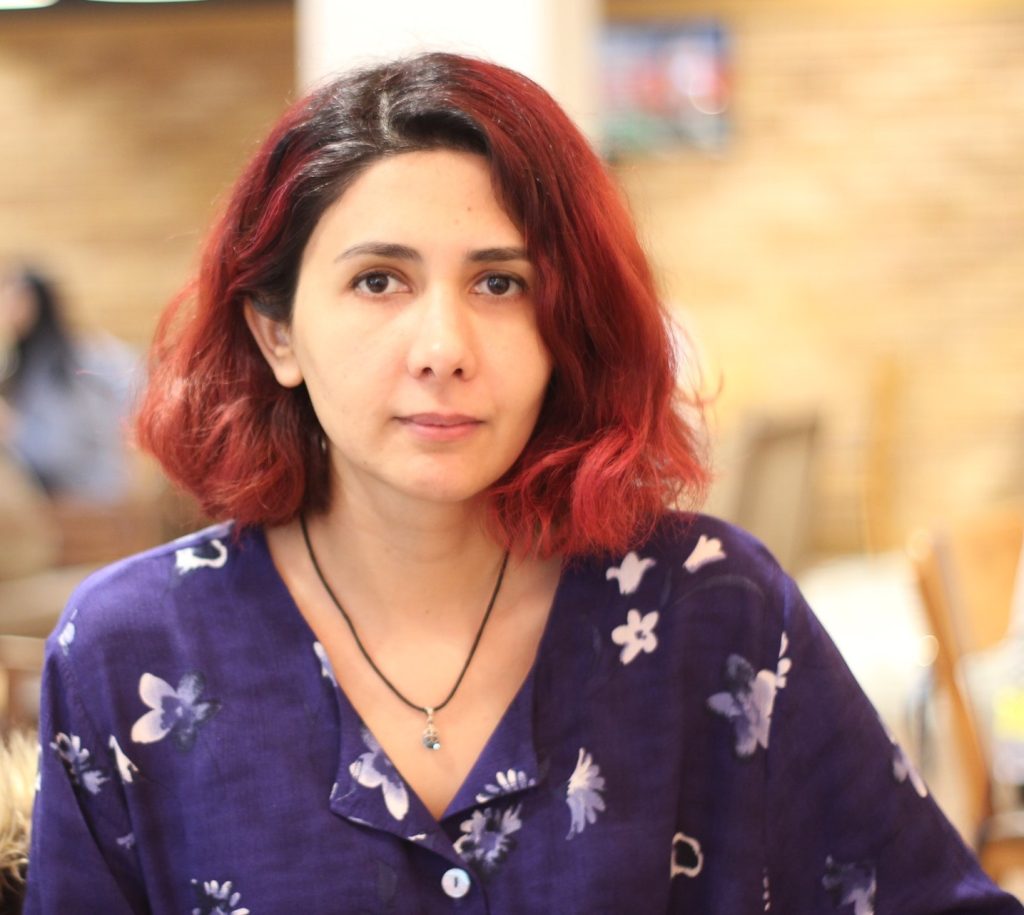
Activist Gulnara Mehtiyeva also believes that the preoccupation of the country’s agenda with the Karabakh processes has left the defense of those arrested on political grounds in the shadows:
“We used to have more opportunities to draw public attention to these arrests. But when there were military operations, people were naturally interested in news about the dead, about everything related to the war. So there is a priority, the news headlines are related to all that.
And that makes it harder to draw attention to political arrests. And in matters that remain out of the public domain, the authorities can easily take any illegal action.”
“The issues of freedom, welfare and democracy are very important”
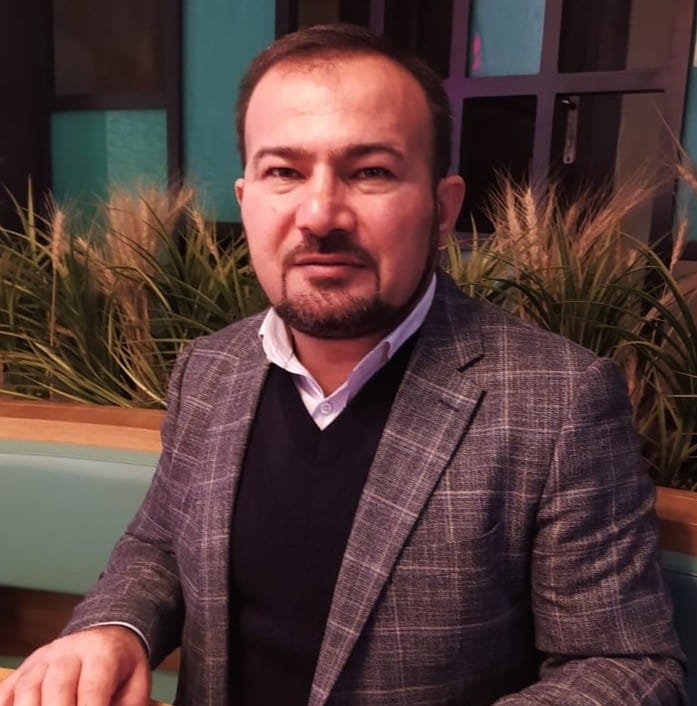
Seymur Hazi, deputy chairman of the Popular Front Party of Azerbaijan, believes that this is temporary and in time arrests with political motives will again be in the spotlight:
“At the moment there are more than 200 political prisoners in Azerbaijani prisons and all of them were arrested because of the struggle for civil liberties, democracy and welfare. They may recede into the background for a short period of time, but then they will be back on the agenda. Of course, the human cost of war becomes the most important event in society. But I think for people, the issues of freedom, welfare and democracy are very important always.”
Follow us – Twitter | Facebook | Instagram
This post was originally published on this site be sure to check out more of their content.



